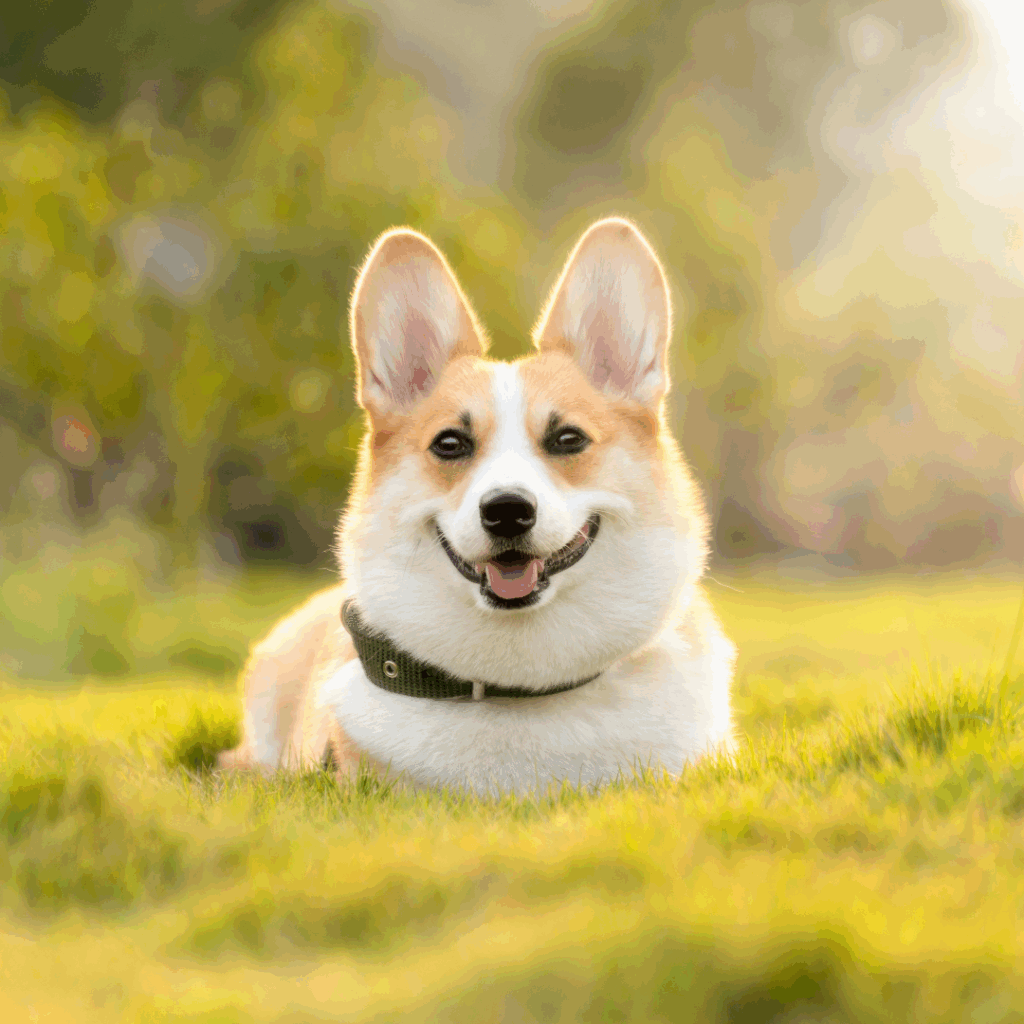

National Spoil Your Dog Day
Although a pet is not a panacea, there is evidence that dog ownership can help to keep your brain on its toes – Pet ownership is associated with greater cognitive and brain health in a cross-sectional sample across the adult lifespan, and help you get a bit more exercise too with an average of 22 minutes additional walking compared to those without a canine companion – The influence of dog ownership on objective measures of free-living physical activity and sedentary behaviour in community-dwelling older adults: a longitudinal case-controlled study. You’re also less likely to suffer from social isolation, a benefit amplified during the COVID-19 pandemic – Pet ownership, loneliness, and social isolation: a systematic review.
No wonder we lavish such love on our four-legged friends, with the pet treat sector worth over $20 billion and growing at a CAGR of over 4% per year – Pet Treats Market.
But that comes at a cost, with an estimated 40% of dogs classed as overweight.
Dogs and humans live in very different sensory worlds – dogs are essentially competitive pack-feeders and colour-blind with super-sensitive noses, so these simple sensory tricks just might help us to spoil them without piling on the pounds.
Allergic to dogs? Switch off the lights!
A dog may be one person’s best friends- and another’s worst nightmare as an estimated 10 – 20% of us experience a reaction that can range from a temporary sniffle to an acute and sustained allergic response that leaves struggling for breath – Pet Allergy.
Of course, steering clear is the obvious solution, but you might be surprised to learn that installing black-out blinds and reducing exposure to light after dark will help.
This major review found that those exposed to light pollution were over 1.8 times as likely to suffer from allergic diseases, especially young people – Influence of light at night on allergic diseases: a systematic review and meta-analysis.
Another reason to celebrate the night.
Circadian psoriasis
Wrapping up National Psoriasis Week here in the UK
Up to one in five older adults suffer from this painful inflammatory condition, where the immune system becomes overactive, skin cells proliferate and rise to the surface so rapidly that the normal process of renewal breaks down, leading to itchy red patches – Disease and Treatment Characteristics in Geriatric Psoriasis: A Patient Survey Comparing Age Groups, Psoriasis.
The condition is partly genetic, but also caused by other environmental factors, including stress, alcohol and smoking. These scaley, flakey areas can look unpleasant, leading to anxiety and low self-esteem – compounding the problem – Emotional impact of psoriasis.
There’s also a bidirectional link between psoriasis and sleep, with flare-ups becoming worse in the evening, making it even harder to rest – Sleep Disorders and Psoriasis: An Update.
There’s already solid evidence that other inflammatory diseases like arthritis have a strong circadian cycle. Psoriasis may well be the same, with the effectiveness of treatments like Vitamin D shifting over the course of the day, and a link between disruption to the body clock, onset and severity of symptoms – Circadian rhythms in psoriasis and the potential of chronotherapy in psoriasis management.
Your skin also changes during the 24-hour cycle, with greater hydration, blood flow and barrier function during the day and more T-cells and inflammatory markers at night – Circadian rhythm in atopic dermatitis—Pathophysiology and implications for chronotherapy.
While there are a growing number of systemic drugs designed to dampen that immune response, many carry side effects, and some may be toxic in older people – Psoriasis in Older Patients: Key Considerations and Best Practices for Effective Management.
So it’s worth looking for non-pharmacological interventions where we can, especially in older adults:
Natural Navigator
Enjoying a ‘staycation’ this week, parking up in a new place and experimenting with the wonderful Tristan Gooley’s Natural Navigator techniques, spotting the subtle clues in trees and clouds to find my way to the pub and back without resorting to Google Maps.
The Collection and online course on his website is a fascinating resource with a free trial of 7 days if you need any inspiration to switch off the phone and sharpen your senses – and sense of adventure – Natural Navigator.
I’m hoping to get to one of his upcoming tour dates (if I don’t get lost!)